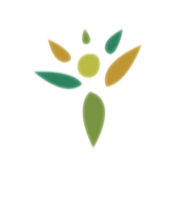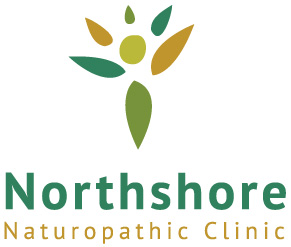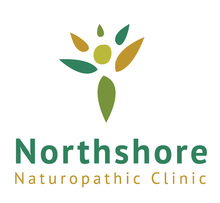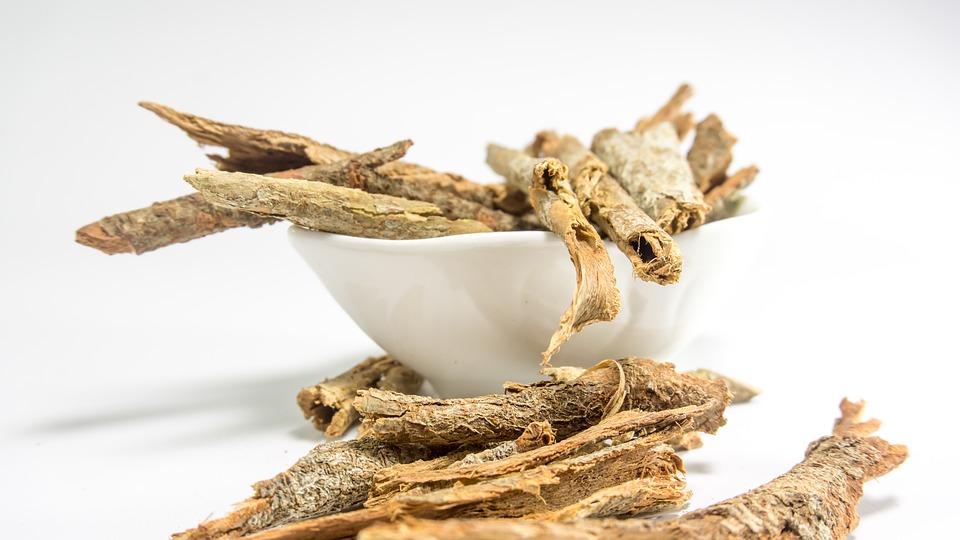Nuts and seeds are foods that should be included more in our diet. Seeds grow on flower or vegetable plants; they include flax, pumpkin, sesame, and sunflower seeds. Nuts are the seeds of trees and are usually covered with a hard shell. They commonly include almonds, Brazil nuts, cashews, chestnuts, coconuts, filberts, hazelnuts, macadamia nuts, peanuts, pecans, pine nuts, pistachios and walnuts. (Almonds and peanuts are not true nuts; almonds are actually fruits and peanuts are legumes.)
The nutritional content of different nuts and seeds varies since they come from a variety of trees and plants. In general, nuts and seeds contain vitamins such as A, E and the B complex vitamins (excluding B12), as well as minerals including calcium, iron, potassium, magnesium, zinc and selenium. Nuts and seeds also contain protein, although it is an incomplete protein because it’s deficient in the amino acid lysine, so it helps to combine nuts and seeds with grains or legumes to create a complete protein. Nuts and seeds are also good sources of dietary fiber, particularly lignins and cellulose.
Nuts and seeds are high in fat, which may be one reason why many people avoid eating them. However, the fats they contain are the healthy, unsaturated types, rich in essential fatty acids that our bodies need. (See the article on “Fats that Heal and Fats that Kill” by Udo Erasmus, in Eating Alive II.) “Raw unprocessed nuts and seeds and their oils are the richest natural sources of sterols and sterolins.” (from The Immune System Cure by Lorna R. Vanderhaeghe and Patrick J. D. Bouic, Ph.D.) Sterols and sterolins are phytonutrients that enhance the function of the immune system.
If you have an ileocecal valve problem (see Eating Alive II) the Eating Alive Program recommends that you avoid nuts and seeds until your valve is working properly again—these foods can irritate an already-sensitive ileocecal valve. The exceptions to this are smooth nut and seed butters and sesame seeds. When you do eat nuts and seeds, it’s important that, as with any food, you chew them well.
When buying nuts and seeds, choose those that have not had their shells removed whenever possible. Since they are high in unsaturated fats, nuts and seeds that have had their shells removed can easily become rancid, so it’s best to purchase them from stores that sell a lot of them so that they have a high turnover. They should be stored in sealed glass containers in the refrigerator to prevent rancidity. Avoid roasted nuts since they are roasted in oil (which adds extra calories and unhealthy fats) and because the healthy essential fatty acids that they contain can be lost when heated or roasted.
See this month’s recipe (Energy Bites) for a delicious, nutritious snack that contains nuts and seeds.



